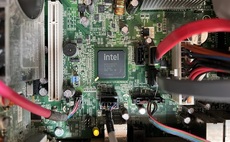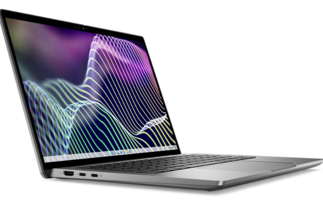High-end 13in model features Intel Core i7 processor, 4GB RAM and seven-hour battery life
Asus has become the latest manufacturer to unveil lightweight, high-performance ultrabooks, but the firm has opted to use a different product name to differentiate itself from Acer, Lenovo and Tosh...
To continue reading this article...
Join Computing
- Unlimited access to real-time news, analysis and opinion from the technology industry
- Receive important and breaking news in our daily newsletter
- Be the first to hear about our events and awards programmes
- Join live member only interviews with IT leaders at the ‘IT Lounge’; your chance to ask your burning tech questions and have them answered
- Access to the Computing Delta hub providing market intelligence and research
- Receive our members-only newsletter with exclusive opinion pieces from senior IT Leaders





















